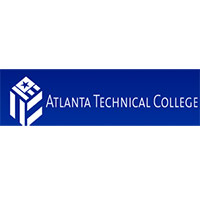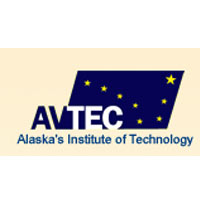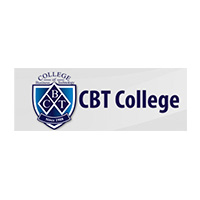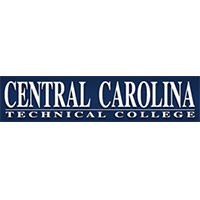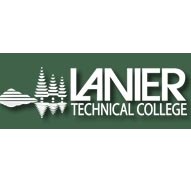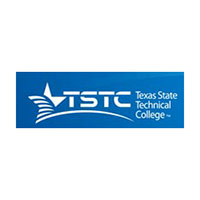Methodology
The high demand for AC technicians means that there is also a high demand for training programs. The right school for any individual will be the one that best suits their needs in terms of programs but also tuition, location, and other personal factors. That said, the AC technician schools on this list were chosen for a few specific reasons, including accreditation, a focus on air conditioning technology, and the availability of AC-specific certifications.
- Accreditation: All institutions of higher learning should be accredited in some way or another. For AC tech schools, several accrediting bodies were evaluated for this list. HVAC Excellence and the Partnership for Air Conditioning, Heating, and Refrigeration Accreditation were both considered as they are the main accrediting bodies for HVAC training programs. Some schools on this list are instead accredited by nationally recognized higher education accrediting bodies such as the Council on Occupational Education.
- Air Conditioning Technology Focus: While it is easy to find schools that offer degrees and certificates with an HVAC focus, it is more difficult to find those with a specific AC technician program. Most of the programs on this list offer diplomas or certificates with an emphasis solely on air conditioning and refrigeration, for those students who want to devote their time and resources to this side of the HVAC business.
- EPA Certification Training: Any AC technician school that truly prepares its students for work in the field must include refrigerant handling EPA certification training in its program. These air conditioning technology programs offer training and testing for EPA certification so that students are ready to work in the field safely upon graduation.

